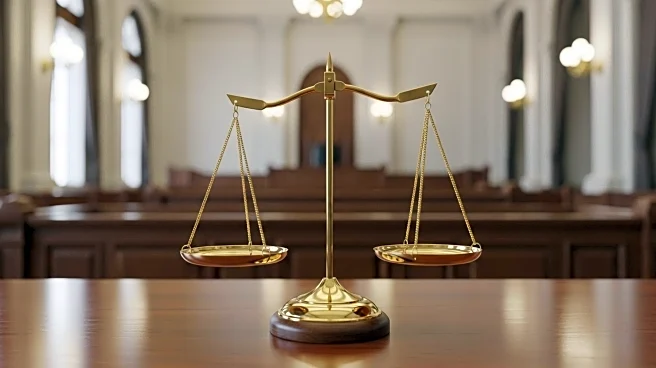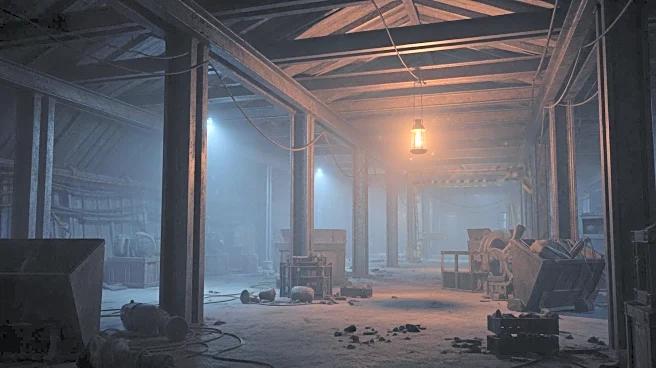What's Happening?
Former Miami US Attorney Alex Acosta testified before the House Oversight Committee, addressing the controversial plea deal made with Jeffrey Epstein in the mid-2000s. Acosta expressed remorse over the agreement, which resulted in Epstein serving about a year in prison, mostly on work release, for charges related to prostitution. He attributed the decision to 'evidentiary issues' and uncooperative witnesses, which posed challenges in securing a federal conviction. Acosta explained that inconsistencies in victim testimonies and the potential risk of losing at trial led to the negotiated plea. He acknowledged that relying on the state system was a mistake and emphasized that the plea deal sent a message that Epstein's conduct was unacceptable.
Why It's Important?
The testimony highlights ongoing scrutiny over the handling of Epstein's case, which has been criticized as a 'sweetheart deal' by members of both political parties. The implications of Acosta's decisions are significant, as they reflect broader concerns about accountability and justice in high-profile cases involving wealthy individuals. The case has sparked debates about the influence of powerful figures in the legal system and the adequacy of protections for victims of sexual abuse. Acosta's admission of poor judgment underscores the need for reforms in prosecutorial practices and victim advocacy.
What's Next?
The House Oversight Committee's investigation into the Epstein plea deal may lead to further inquiries into prosecutorial conduct and potential legislative changes to ensure more rigorous handling of similar cases. The testimony could prompt calls for increased transparency and accountability in the justice system, particularly in cases involving influential defendants. Stakeholders, including victim advocacy groups and legal experts, may push for reforms to prevent future miscarriages of justice.
Beyond the Headlines
The case raises ethical questions about the balance between legal strategy and moral responsibility. Acosta's reliance on evidentiary challenges highlights the complexities of prosecuting cases with powerful defendants and the potential for systemic biases. The situation also reflects cultural shifts in addressing sexual abuse and the importance of supporting survivors through transparent legal processes.










